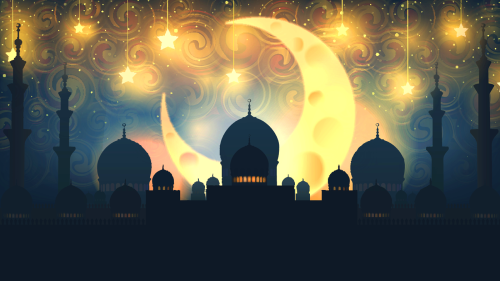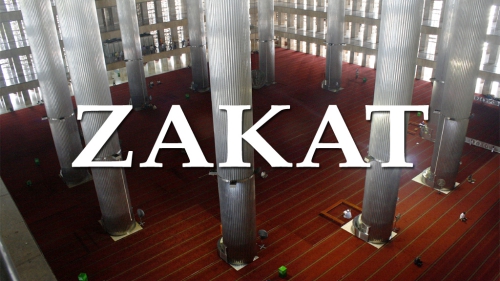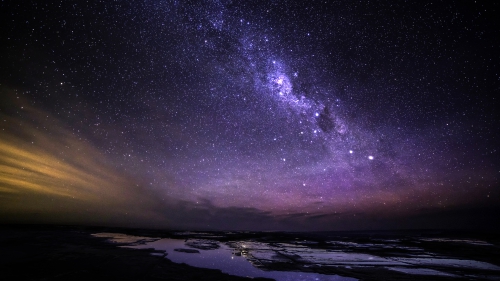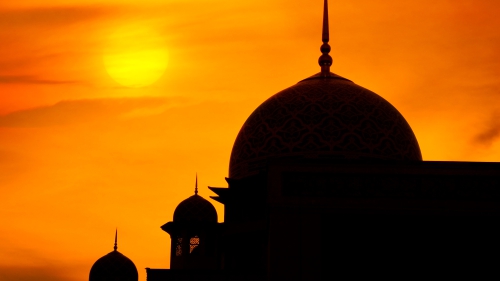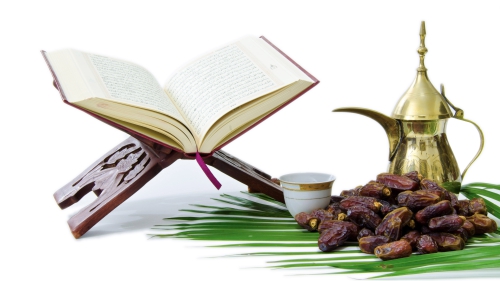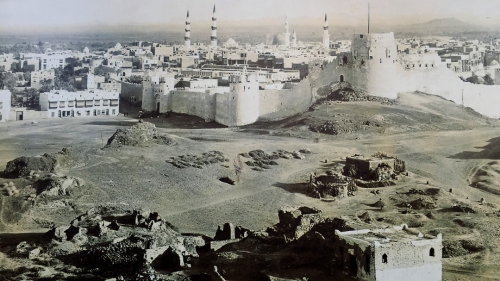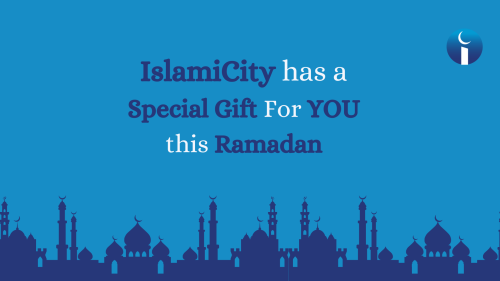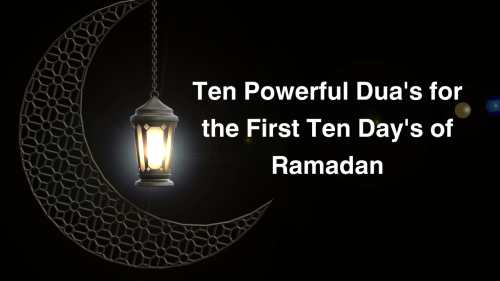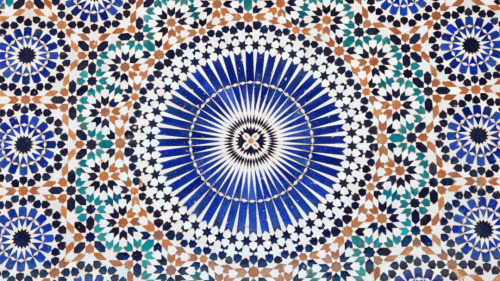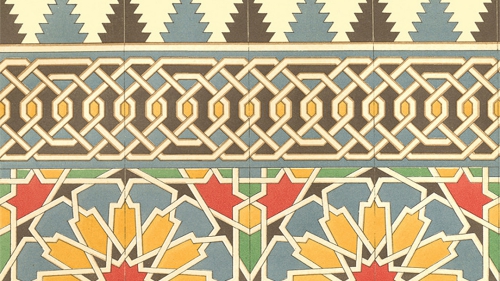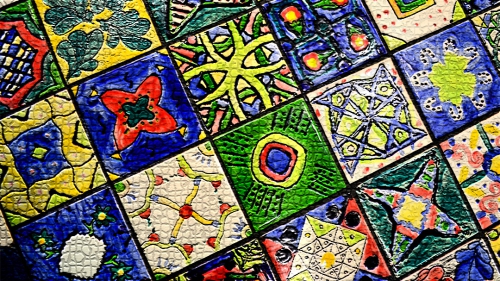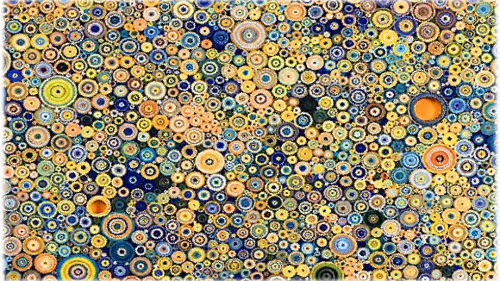Ramadan: A time to understand Muslims and the Quran

During Ramadan, there are more than 1.6 billion Muslims on Earth who fast every day from sunrise to sunset.
While Ramadan is known for fasting, what many in the West might be unaware of, is the other equally fundamental significance and focus of Ramadan is the Quran.
Ramadan is the month in which Muslims believe the revelation of the Quran — considered to be the verbatim Word of God — began. The Quran itself states as much and declares that Ramadan is a time during which recitation and study of the Quran should be emphasized.
That’s why all Muslims worldwide, including more than a million in Canada, are reading and pondering the Quran daily, verse by verse, chapter by chapter.
At a time when mistrust and suspicion of Muslims is as high — caused by groups such as Daesh and the rise of radicalization — this might be as good a time as ever for people in the Western countries to open up a Quran and see what their Muslim neighbours are studying so intently.
The Quran’s overarching declaration that “whosoever takes a life ... it is as if he has killed all mankind” (Chapter 5, Verse 33), and that “there is no compulsion in matters of faith” (Chapter 2, Verse 257) lay the axe to every act of terror or forced conversion ever committed in the name of Islam, by the extremists and their followers. These two verses alone, if stressed enough in the West, would greatly help to change the perception of Muslims and Islam, as well as fix the misconceptions of misguided Muslims, who take their cues more from those who thrive on hate.
A lot of the misconceptions that persist in the West about Islam, spring from either attributing the violence and horror committed by terror groups to the Quran, which in reality, is due to a sheer lack of knowledge of the Quran’s contents.
For example, in a high-profile anti-Islam protest organized last year outside a mosque in Phoenix by a former Marine, he said the atrocities committed by groups such as ISIS, were based on direct statements “written in the Quran.”
In another recent high profile scenario, Ayaan Hirsi Ali’s latest media tour in Canada had been about, among other things, reforming the Quran, claiming that it is the message of the scripture itself which needs to be fixed, not some small faction of extremists who’ve corrupted it. Commenting on this tour, Conrad Black, called the Quran “draconian.”
For someone who has read the Quran so many times, it’s a little debilitating seeing so much misunderstanding about the Quran in the West, where knowledge and inquiry are cherished so much.
But the interesting part is that ignorance of the Quran’s actual message is not just a non-Muslim phenomenon. In reality, many Muslims, especially young Muslims, are also unaware of the true message of the Quran, relying instead on Imams and clerics to teach them whatever spin of it they like.
Western writer on Islam, Lezley Hazleton, author of “The First Muslim,” states so eloquently in her now world-famous TED Talk on the Quran that “the fact that so few people do actually read the Quran is precisely why it’s so easy to quote — that is, to misquote. Phrases and snippets taken out of context in what I call the ‘highlighter version,’ which is the one favoured by both Muslim fundamentalists and anti-Muslim Islamophobes.”
The solution to both of the competing problems right now in the West regarding Islam — the increase in radicalization and the rise in anti-Islamic sentiment among non-Muslims — is one and the same: Knowing what the Quran actually says.
Knowing what the Quran says is a powerful disarmament for any youth at risk of falling under the sway of an ideological recruiter who paints a glorified and falsified picture of a violent Jihad that does not exist.
And it’s a powerful eye-opener to those who have misgivings about the Quran, while having never read it.
You might be surprised to see what you find. Famous singer Cat Stevens once said “When I read the Quran further, it talked about prayer, kindness and charity.”
That’s a far cry from terror and violence.
Ahmed Sahi is a writer and journalist based in the Greater Toronto Area. He is a blogger for the Huffington Post and also serves as the Chairman & Chief Editor of Muslim Writers of Canada, the largest guild of its kind in Canada. He can be reached at [email protected]
Topics: Quran, Ramadan, Understanding Islam Channel: Ramadan - Day 1
Views: 2099
Related Suggestions











